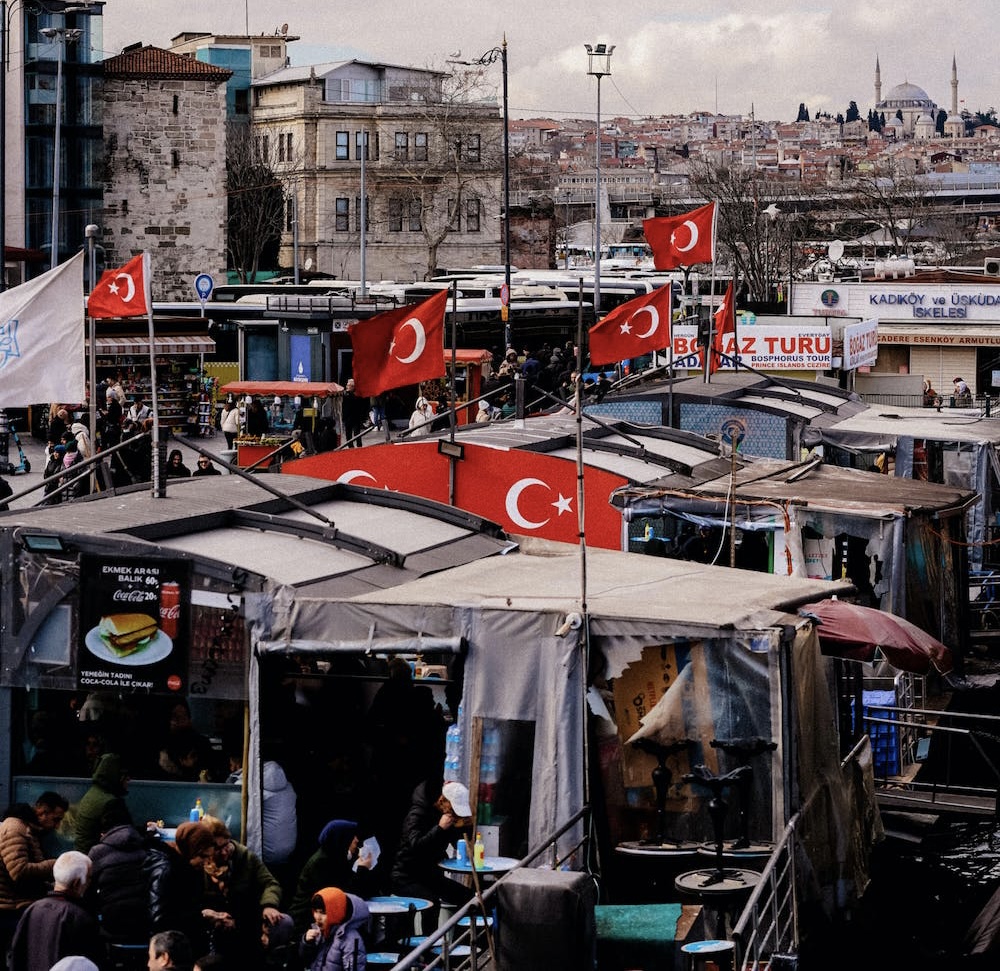Kurdish voters and refugee question hang over presidential runoff while a nationalist-conservative parliament takes office
Nearly 500,000 Turks living abroad have already voted for the second round, which pits Erdoğan against Kılıçdaroğlu. Parties are still seeking votes on the back of Syrian refugees, pushing for their repatriation. The new parliament includes 121 women, a record, but most seats have gone to parties that want to curb their rights.
Istanbul (AsiaNews) – This is a crucial week for Turkey’s future, as voters prepare to cast their ballots in next Sunday’s presidential runoff. Parliamentary elections last Sunday have instead produced a clear majority for nationalists and right-wing parties.
The past weekend, more than 500,000 Turks living abroad voted in the second round at Turkish foreign missions and customs gates, which will remain open until next Sunday.
In total, some 3.4 million Turks, or 5 per cent of the total electorate, are eligible to vote abroad, especially in Europe, casting a ballot for either incumbent President Recep Tayyip Erdoğan (49.5 per cent in the first round) or opposition leader Kemal Kılıçdaroğlu (about 45 per cent).
In the first round, results in Europe were polarised, with Kılıçdaroğlu dominating in the United Kingdom, southern and eastern Europe, especially in Poland and Estonia. In Germany, which hosts the largest Turkish community with 1.5 million eligible voters, Erdoğan was ahead with 65 per cent of votes.
In the second round, the 5.17 per cent won by nationalist leader Sinan Ogan is likely to prove decisive. Ogan recently said that he is open to support the opposition Nation Alliance, provided it "agrees to offer no concessions to a pro-Kurdish party”.
For Kılıçdaroğlu, this is a touchy issue. In the final weeks of the campaign, he has repeatedly tried to win over minority voters and did well in Kurdish cities.
One issue that will still impact the vote is the fate of refugees. Kılıçdaroğlu has promised mass repatriation in an attempt to seduce nationalist groups who have long targeted the more than four million Syrian refugees (plus Afghans, Iraqis, Iranians), who have been blamed for the country's economic crisis.
The ruling party is less intransigent on the matter. Foreign Minister and Erdoğan's trusted man Mevlüt Çavuşoğlu said that it would be impossible to send them all back.
"Currently, there is a need for employment in the agricultural sector, industry, and markets in Turkey,” Çavuşoğlu said. “People complain that they cannot find shepherds; for example, my father has sheep. There is a need for a workforce right now."
In his campaign ads, Kılıçdaroğlu says that the runoff is a referendum on the “10 million refugees” in the country.
A decade ago, President Erdoğan opened Turkey’s doors to refugees for the sake of Islamic solidarity, but more recently, that same door has been shut, with many refugees exploited in the informal economy. The time has come for a more judicious approach.
Meanwhile, the new parliament is set to be the most diverse in the country’s modern history with 18 parties, but also the “most nationalist and conservative" with the rights of women and minorities on the chopping block.
Erdoğan’s Justice and Development Party (AKP) saw its total number of seats drop from 295 to 267, but the ruling People’s Alliance, which the AKP leads, can count on the support of allies for a total of 322 seats (out of 600).
The first ally is the Nationalist Movement Party (MHP), which won 50 seats, one more than in 2018. Another the five seats went to an Islamist party, the New Welfare Party (YRP).
However, this means that the president does not have enough votes (360) to change the constitution without the support of other parties, such as those in the opposition Nation Alliance.
The third-largest group with 66 seats is the left-wing Labour and Freedom Alliance, which includes the Peoples' Democratic Party (HDP), the main Kurdish party.
One feature of the election is that nationalist and Islamist parties scored high among working-class workers and low-income groups in both urban and rural areas.
Despite the country’s economic woes, nationalist and right-wing parties – in both ruling and opposition alliances – hold more than 400 seats.
Although the number of women lawmakers is at an all-time high, 121, they will be facing an uphill battle against parties that openly seek to curtail their rights.
In foreign policy, the new parliament is likely to back Erdoğan if he decides to intervene militarily against the Kurds in Syria and Iraq, as well as boost Turkish influence in the Caucasus.
15/05/2023 22:35
19/04/2023 20:39
18/04/2022 18:26







.png)










